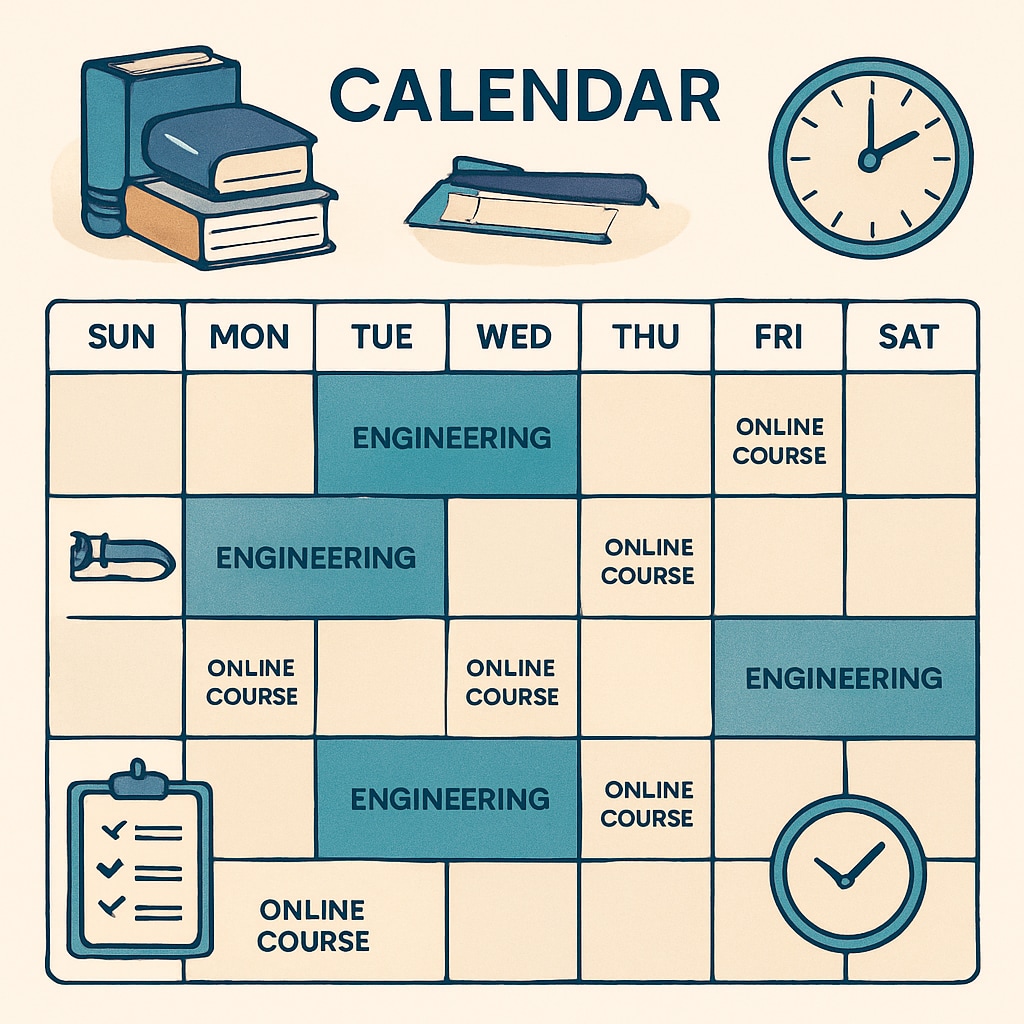Pursuing an online degree alongside a mechanical engineering program can be a game-changer for students aiming to boost their career development. Balancing the demands of engineering coursework with the flexibility of online education requires careful time management. This article explores the benefits, challenges, and alternatives to earning a second degree online, helping students make informed decisions about their academic and professional trajectories.
Evaluating the Cost of an Online Second Degree
One of the primary considerations when pursuing a second degree is the financial investment. Online programs often have lower tuition fees compared to traditional on-campus degrees, which makes them an attractive option for students already managing the costs of their primary education. In addition to tuition, students should account for supplementary expenses such as textbooks, software, and internet access.
Moreover, some universities offer scholarships or financial aid for online learners, which can significantly reduce the overall cost. Researching these options beforehand is crucial. For example, exploring platforms such as Britannica’s guide to distance learning can provide insights into affordable programs.

Time Management Challenges and Strategies
Balancing two degrees simultaneously requires exceptional organizational skills. A mechanical engineering curriculum is known for its rigorous workload, including lab sessions, complex problem-solving tasks, and projects. Adding an online degree into the mix increases the demand for effective time management.
Here are some practical strategies:
- Prioritize tasks using tools like planners or apps.
- Set realistic goals and deadlines for coursework.
- Dedicate specific hours each week to focus on the online program.
- Communicate with professors and advisors to manage overlapping commitments.
For further guidance, platforms like Wikipedia’s time management page provide actionable insights into optimizing schedules.

Career Benefits of a Dual Degree
Graduating with dual degrees can make students more appealing to potential employers. For instance, pairing mechanical engineering with a second degree in business administration, computer science, or data analytics opens doors to interdisciplinary roles that require both technical and strategic expertise.
Additionally, online programs often provide opportunities for networking with professionals across industries, enhancing career prospects. As a result, students can gain access to internships, job openings, and mentorship opportunities that align with their long-term goals.
Alternatives to a Second Degree
If time and cost constraints make pursuing a second degree unfeasible, students can consider alternatives such as:
- Certifications in specialized fields like programming, project management, or CAD software.
- Online courses from platforms like Coursera or edX on topics relevant to their career aspirations.
- Workshops or short-term bootcamps to gain hands-on experience.
These options allow students to complement their mechanical engineering expertise without committing to an extensive second degree program.
Conclusion: Making the Right Choice
Deciding whether to pursue an online second degree alongside a mechanical engineering program depends on individual circumstances, including financial capacity, career goals, and available time. While the rewards can be substantial, the challenges require careful planning and a commitment to balancing academic and personal responsibilities.
By evaluating cost, time investment, and alternative pathways, engineering students can make informed decisions that align with their professional aspirations, ensuring that their education serves as a solid foundation for a successful career.
Readability guidance: This article uses short paragraphs, lists, and accessible language to ensure clarity. Active voice is prioritized, and transitions like “however,” “in addition,” and “as a result” are used frequently to connect ideas.


